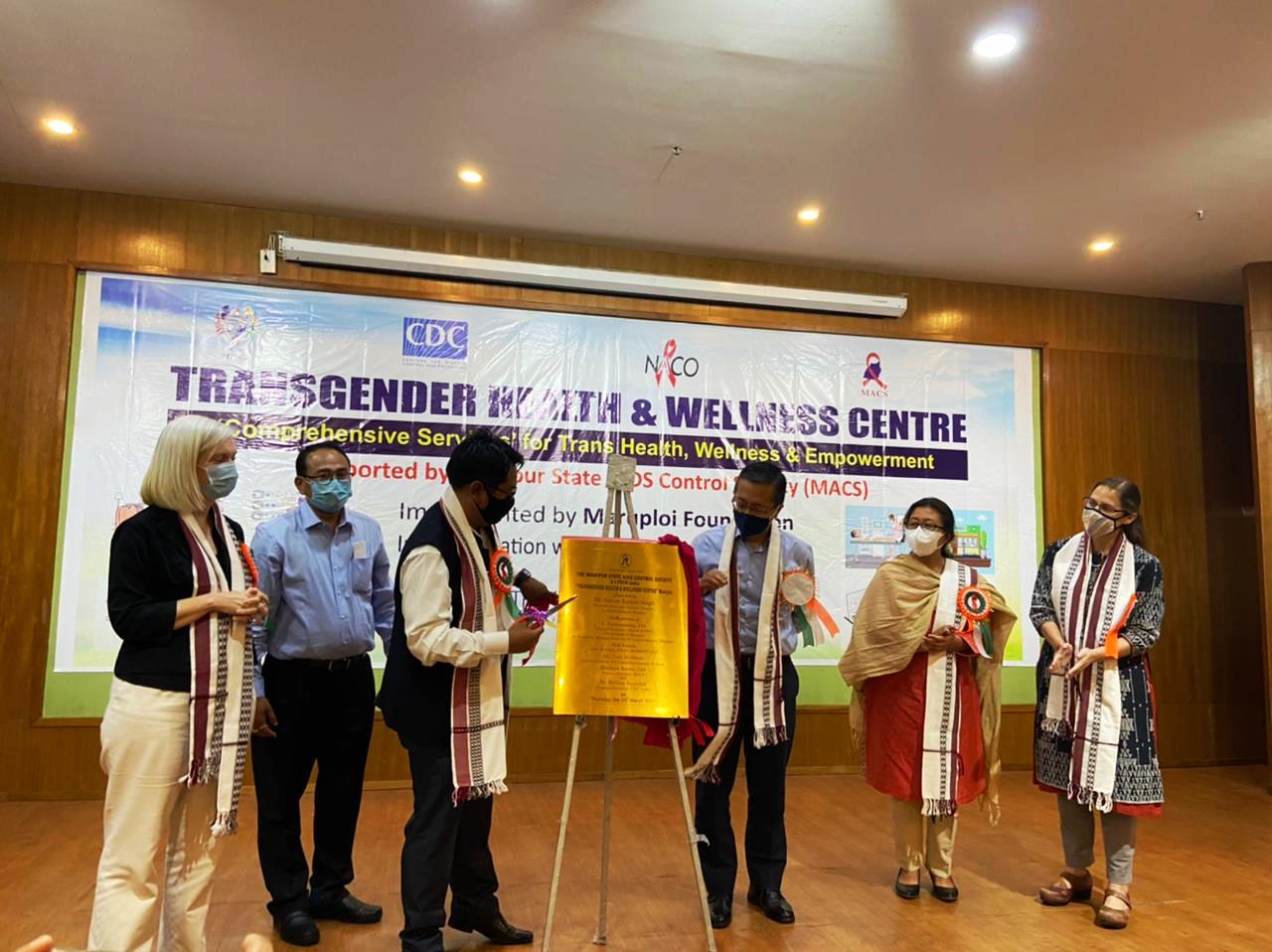I-TECH India – Newsbuzz For December 2020
Webinar on ‘Advancing HIV response for fast track city in times of COVID 19’
In line with the World AIDS Day theme for 2020 “Solidarity and Engagement towards HIV response” I-TECH India in association with Mumbai District AIDS Control Society and Aastha Parivaar (A Federation of Female Sex Worker CBOs) conducted a webinar in Mumbai on ‘Advancing HIV response for fast track city in times of COVID 19’. The webinar was attended by Padmashri Dr. Gangakhedkar, a renowned public health specialist and experts from MDACS, UNAIDS, I-TECH India, Community Members and CSOs. The event enabled a constructive dialogue between members of government, development partners, key population community, academia and civil society. Discussions were held on the national directives on sustaining HIV response during COVID-19, exploring innovative virtual efforts to accelerate HIV response in Mumbai and collaborating on building a community owned action plan with the key stakeholders.
National Webinar On ‘Transgender Health And HIV’
I-TECH India in partnership American Centre New Delhi, India held a national webinar and panel discussion on ‘Transgender Health and HIV’ on 18th December 2020. The panellists for the discussion included experts from National AIDS Control Organisation, CDC India, UNAIDS, Indian Professional Association for Transgender Health (IPATH), C-SHaRP and I-TECH India. The discussion covered topics like a comprehensive approach, importance of mainstreaming and PrEP for Trans People in India. The Facebook live event was well attended and appreciated.
Empowering Adolescents Living with HIV for improved well-being and retention in HIV care.
I-TECH India in association with the Mumbai Districts AIDS Control Society (MDACS) has planned a series of workshops and virtual consultations to empower around 1000 Adolescents Living with HIV (ALHIV) seeking treatment at the Antiretroviral Treatment centres in Mumbai. The initiative aims to address the psychosocial issues of ALHIV and promote mental wellbeing and retention in HIV care. A total of 87 ALHIV participated in the pilot training organised on 01st December 2020 on the event of World AIDS Day. A need assessment was conducted with the parents and caregivers of the ALHIV. The parents were also explained about their role in holistic development of a child. The Facilitators comprise experts working with adolescents and healthcare workers from the Treatment Centres. The training modules will incorporate the intermittent feedback received from participants throughout the process. Peer Educators will be identified from the participants to support the interventions planned for the Adolescents at the Treatment Centres. The series of workshops are expected to be completed by June 2021.
Demonstrating operational feasibility of ‘Dried Blood Spot (DBS) Viral Load (VL) Testing’ in Northeast India
In India, viral load testing for people living with HIV (PLHIV) is conducted through a Public Private Partnership (PPP) model. Under this model, sample collection (plasma) for testing is held once/twice per week in most of the ART centres. The centres have faced difficulties in mobilizing PLHIV on the designated days for sample collection. This has affected the VL coverage of most of the ART centres and resulted in decreased access to VL testing for the community.
CDC piloted a model in Mizoram and Nagaland states to demonstrate the operational feasibility of ‘Dried Blood Spot (DBS) Viral Load Testing’. I-TECH India team supported the capacity building of the identified HIV prevention, testing and treatment sites on the operational aspects of the model and facilitated DBS sample collection. Once this model is accepted and rolled out by the national program, it will address most of the challenges related to access as the ART centres will be able to collect samples every day as per the convenience of the clients. It will also enable sample collection in the field for difficult-to-reach terrains.
